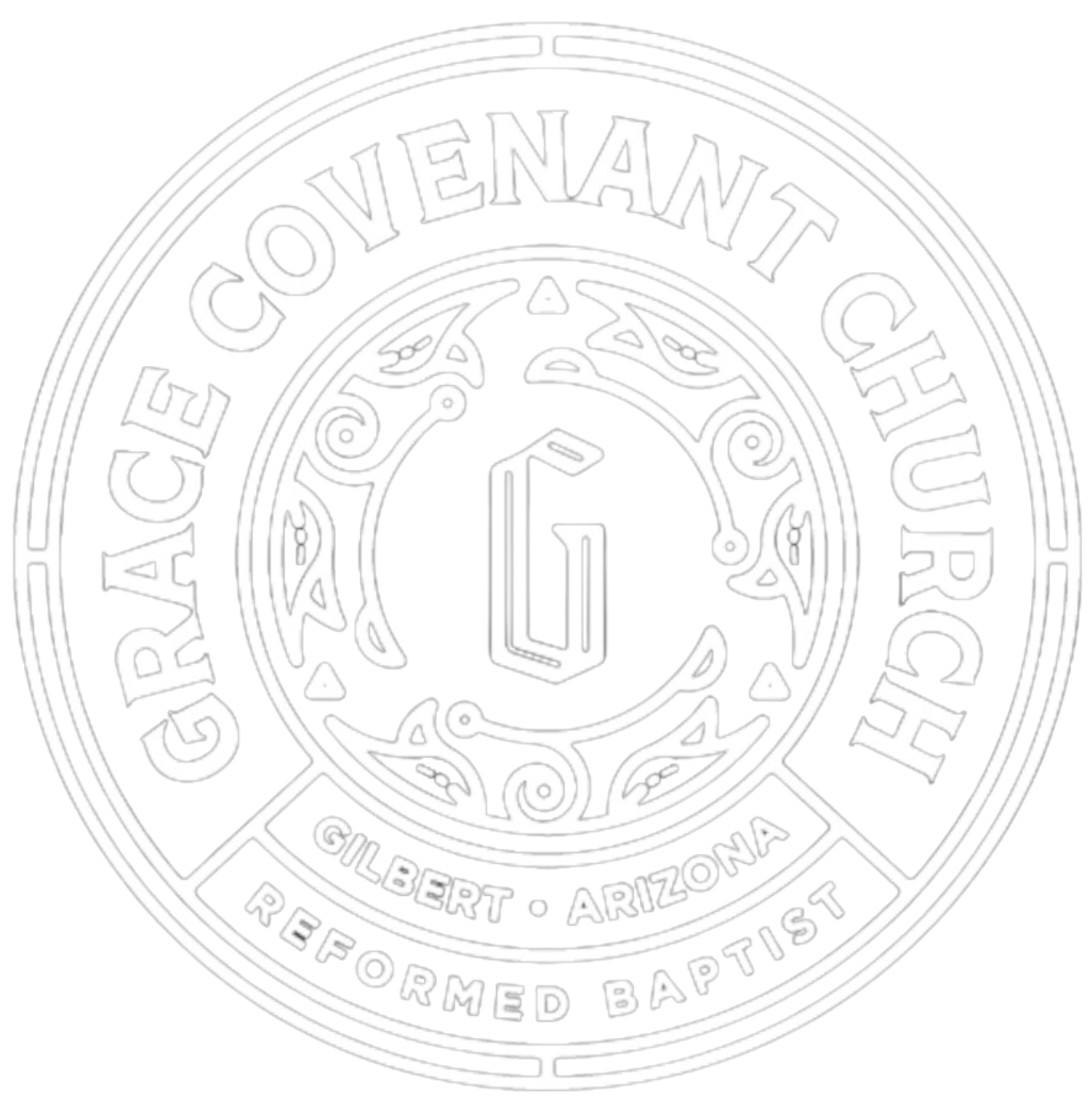Particular Baptists who subscribe the Second London Baptist Confession of Faith (2LCF), or members of a church which fully holds to a reformed confession, should be familiar with the regulative principle of worship. It says, “the acceptable way of worshiping the true God, is instituted by himself, and so limited by his own revealed will” (2LCF 22.1). It is the summation of the first table of the Law which provides for us the object of our worship, God, as well as the mode of our worship.
Likewise, the appointed day of worship is given in the fourth commandment as “one day in seven for a sabbath to be kept holy unto Him, which from the beginning of the world to the resurrection of Christ was the last day of the week, and from the resurrection of Christ was changed into the first day of the week, which is called the Lord's Day” (2LCF 22:7). This, then, is why our confession tells New Covenant saints, “The sabbath is then [to be] kept holy unto the Lord” (2LCF 22.8).
God sovereignly appoints the means of acceptable worship as well as the appointed day. Throughout most of the Twentieth Century, even many dispensational churches who denied covenant theology and the three-fold use of the law held Sunday to be the day of worship, avoided business transactions on that day, and had two services on Sundays. The Christian Sabbath has only been controversial in modern times where every other orthodox teaching of the historic faith has been attacked, modified, or jettisoned all together by mainline denominations, liberal scholars, and seeker-sensitive churches.
But even in confessional churches the question arises, “Why do we have two services—one in the morning and one in the evening?”


